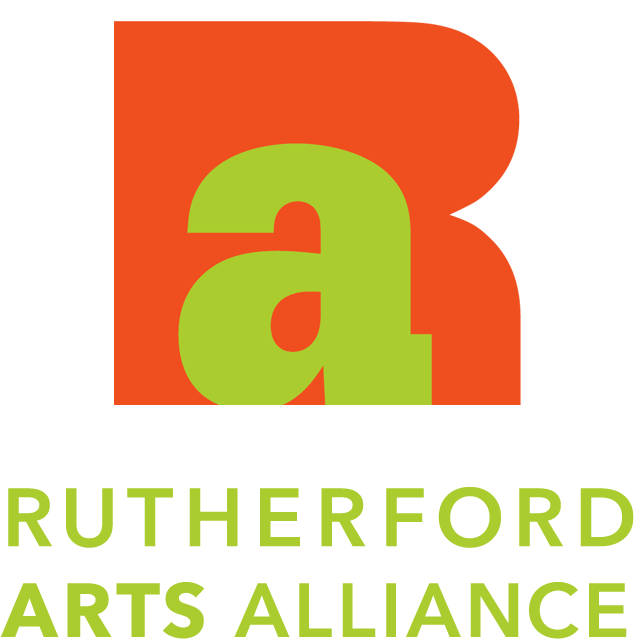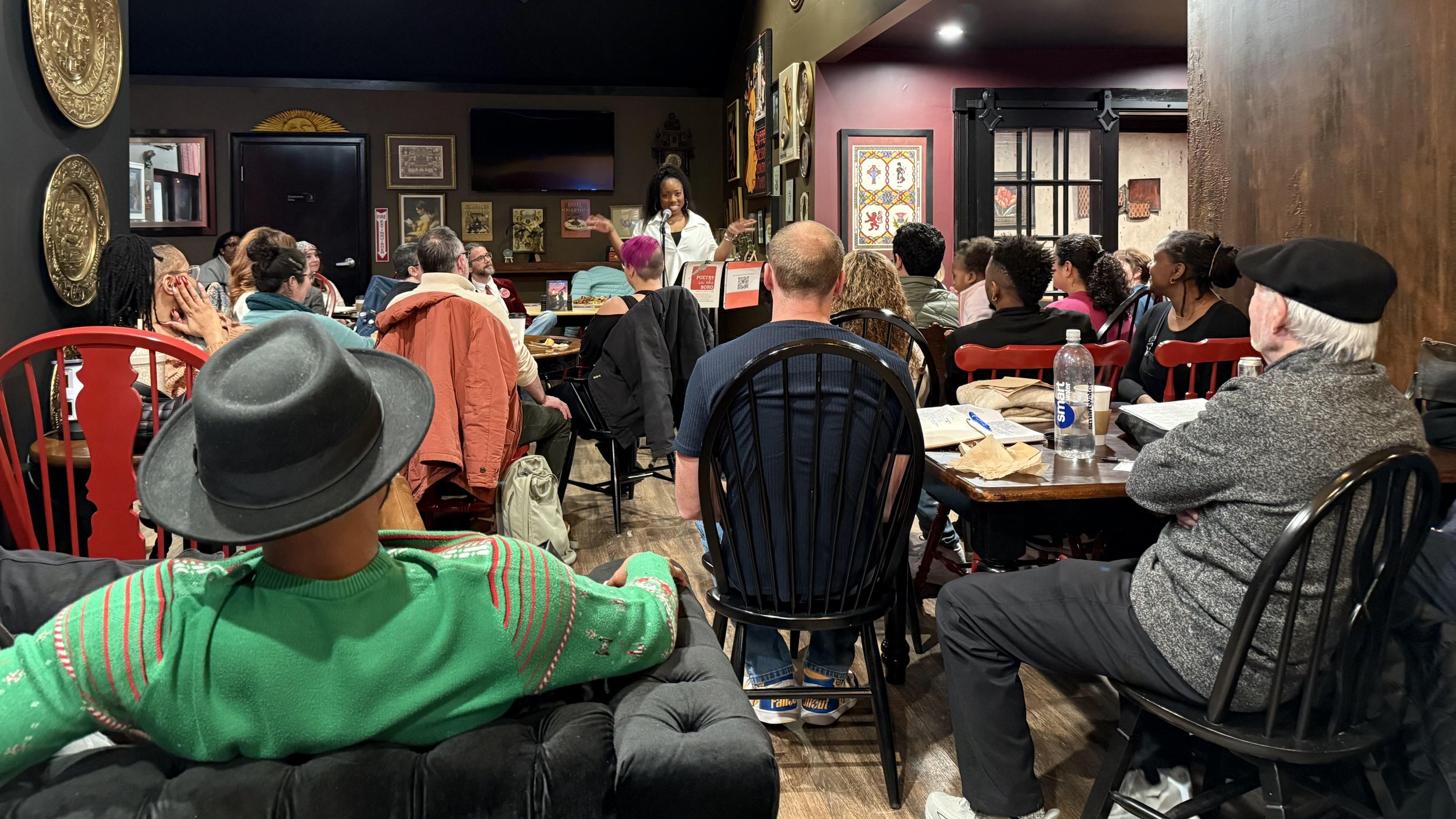Advocacy isn't just about passion; it's about communication. Participants at RAA Writers Mingle, 2025. Image credit Lindsey Landrum, intern for MTSU Write.
If you're reading this, you likely already believe in the power of the arts. You’ve felt the spark of inspiration at a local concert, witnessed the joy on a child’s face during an art class, or experienced the sense of community at a neighborhood mural unveiling. But when it comes to explaining why the arts matter—especially to those who may not immediately see their value—it can be challenging to find the right words.
Advocacy isn't just about passion; it's about communication. It's about translating your personal experiences into compelling narratives that resonate with others. Whether you're speaking to a friend, a local official, or a potential supporter, here are some key points to help you articulate the importance of the arts in our community.
The Arts Drive economic growth
The arts are not just a cultural asset; they're an economic engine. According to the Arts & Economic Prosperity 6 (AEP6) study:
“Up” image imposed over trees; image credit https://unsplash.com/@maksimshutov
Rutherford County's nonprofit arts and culture sector generated $52.4 million in economic activity in 2022.
This spending supported 915 jobs and generated $9.5 million in local, state, and federal tax revenue.
Audiences attending arts events contributed to the local economy by dining at restaurants, shopping, and utilizing local services.
These figures demonstrate that investing in the arts yields tangible economic benefits, supporting livelihoods and contributing to the financial health of our community.
The Arts Foster Community and Well-Being
Beyond economics, the arts play a crucial role in enhancing the quality of life:
Lantern Festival 2023 at the Discovery Center; image credit Kory Wells.
87.9% of Rutherford County arts attendees agreed that arts events inspire a sense of pride in their community.
85.4% expressed that they would feel a great sense of loss if a particular arts activity or venue were no longer available.
81.6% considered arts venues important pillars within their community.
These statistics underscore the arts' role in building social cohesion, fostering community identity, and enhancing overall well-being.
Tailoring the Message: Know Your Audience
Effective advocacy involves aligning your message with the interests and values of your audience:
Educators: Highlight how arts integration can improve student engagement and academic performance.
Business Leaders: Emphasize the arts' role in driving tourism, attracting talent, and stimulating local economies.
Healthcare Professionals: Discuss the therapeutic benefits of the arts in promoting mental health and well-being.
Community Members: Share stories of how the arts bring people together, celebrate cultural diversity, and enrich daily life.
By connecting the arts to the priorities of your audience, you make a more compelling case for their support.
Join the Conversation: Be an Advocate
RAA event at Center for the Arts, 2018. File photo.
Advocacy starts with conversation. Share your experiences, attend local arts events, support arts organizations, and invite others to do the same. Every story told, every event attended, and every dollar donated contributes to a thriving arts ecosystem.
Get Involved: Arts Advocacy Book Club
Interested in deepening your understanding of arts advocacy? Join our upcoming Arts Advocacy Book Club, where we'll read and discuss Making Change by Eric Booth. This book offers insights into the role of teaching artists and how they can be powerful agents of change in communities.
What: Making Change Book Club
When: Monthly meetings starting this summer
Where: Online via Zoom (recordings available)
Cost: Free (books provided)
Sign up here or email Mai Hamric (maihamric@gmail.com) for more info.
Banner image: Poetry in the Boro at Dapper Owl Coffee Pub, December 2024. Poet Jacqui Swift at the mic. Images credit Kory Wells.








